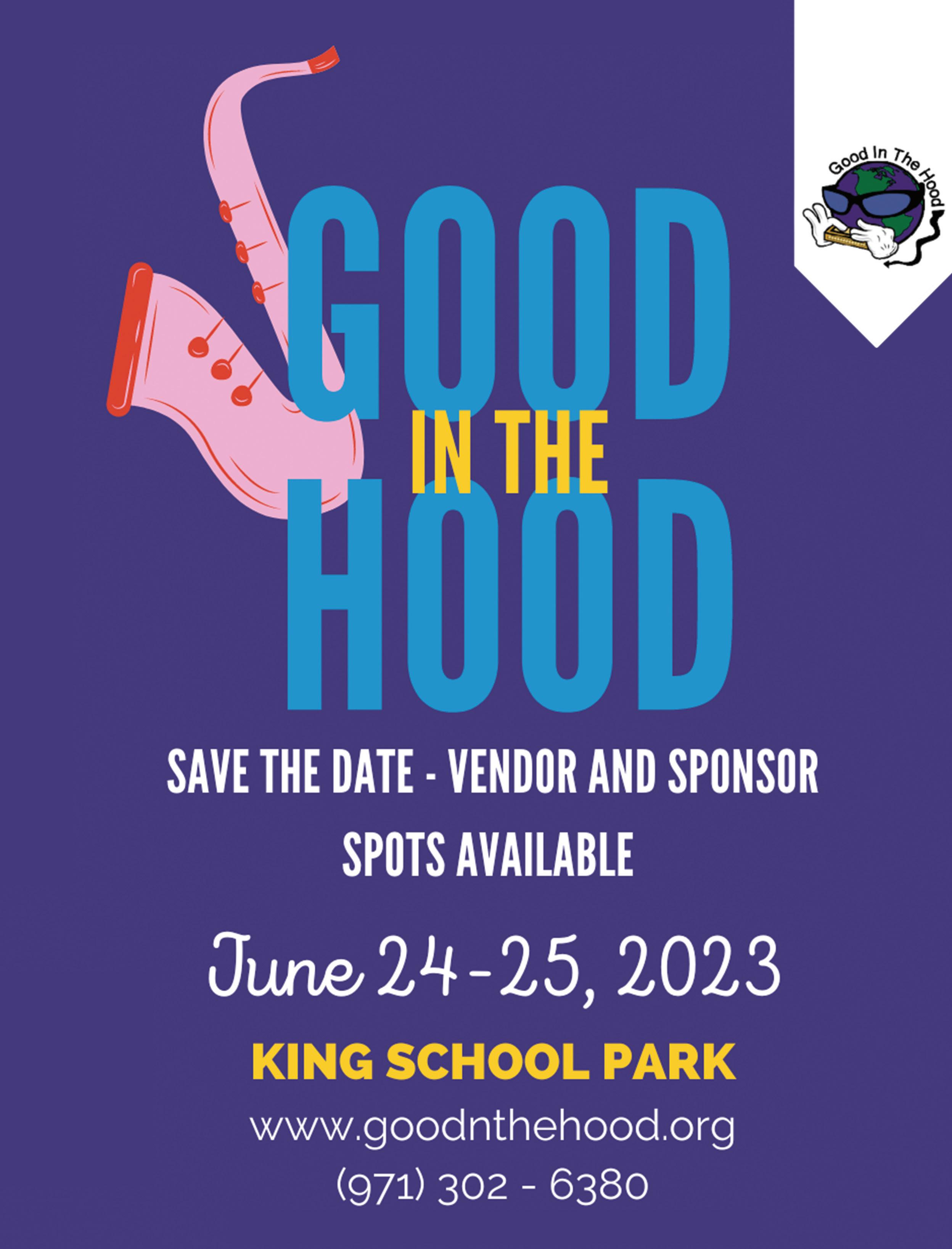
3 minute read
BRYSON DAVIS & ANYELEY HALLOVA
Organization: The Williams Russell CDC (WR) is a Black community organized 501c3 nonprofit based in Portland, Oregon. It was convened to help guide a restorative justice real estate development project in NE Portland, Oregon. The project has a long history which involves Legacy Health [Hospital] returning to the community a 1.7 acre undeveloped block on the corner of N. Williams and N. Russell. This was land that the City of Portland sold to the hospital group back in the 1970s by using eminent domain as a tool of urban renewal to raze homes and businesses in order to meet the hospital’s expansion needs. This action
Leadership: The WR construct is impressive in its deliberate intent to lead with Black community values and passion. A big part of upholding this integrity comes from its leadership. Bryson Davis, who is also a partner at the PNW Business Law firm, has been the committee’s Co-Chair since day one, working tirelessly alongside as many as 30 fellow committee members from the Black community to lead and shape what has been a lengthy process. Because of their commitment, two priorities were upheld.
Advertisement
“One, the community is deciding what is being built. Two, they get to partake in what actually gets built by using it and owning it,” shared Davis.
Those decisions ended up being entrepreneurial support for Black businesses, a community gathering space, affordable housing and homeownership and a Black-led development team. These values were rolled up into an RFP and in July of 2021, the committee selected the firm Adre to bring it all together.
The Team: Adre is a real estate development agency led by Anyeley Hallova who has 18 years’ experience developing housing and commercial properties. For her, the win was perfect timing.
“It came at a unique time in history and for me,” stated Hallova. “It was 2020 and there were communities across the US searching for answers to social justice issues. Specifically, people were looking to their own fields of work asking, what can we do? My field just happens to be real estate development.”
She had just finished developing a major lead-certified, green building for the Meyer Memorial Trust’s new headquarters as an associate with another firm and decided to launch out on her own.
“I wanted to start a company that is centered on thinking about Black folks and other folks who don’t traditionally get good design, sustainable buildings or equity,” shared Hallova.
Adre will partner with five other organizations to build 3 separate parcels on the site that includes a commercial office and retail building, an affordable housing apartment complex, and 20 properties for homeownership. Their partners are Lever Architects, Colas Construction, PCRI, CDP and Hood Design Studios.
“I am excited about all of our partners,” shared Hallova. “We are bringing some things that haven’t been in most black communities. Chandra Robinson with Lever Architects is an international, award-winning African American designer who grew up in the neighborhood and lived in affordable housing at one time. So you get great design work from someone who gets it.”
Hallova has been appointed the Chair of the U.S. Green Building Council, the body that makes the policy for lead certification, and is excited to also bring that lens to the project.
“The green building movement has not been very inclusive of the Black community up until this point. The number one benefits of living in green buildings is health. Think about the wildfires, people breathing in all that smoke. We need to build buildings that are resilient to these factors. Second, it’s more cost effective. If you put the money up front, you are going to be paying less on your bills.”
Philanthropy
Davis agrees with Hallova’s innovative approach, saying it is a great step in the right direction to repair the harm that’s been done. He also sees another value.
“One of the biggest visions for the WR project is that it can be a template for not just us to use here in Portland, but for other Cities to study and implement as well. Portland was not the only City where redlining happened, or where Black people were eminently domained out of their communities, or where gentrification is pushing people out. Having a template of how Cities can do development in a way to give back to those communities that they’ve harmed, that is what I am most proud of,” concluded Davis.









